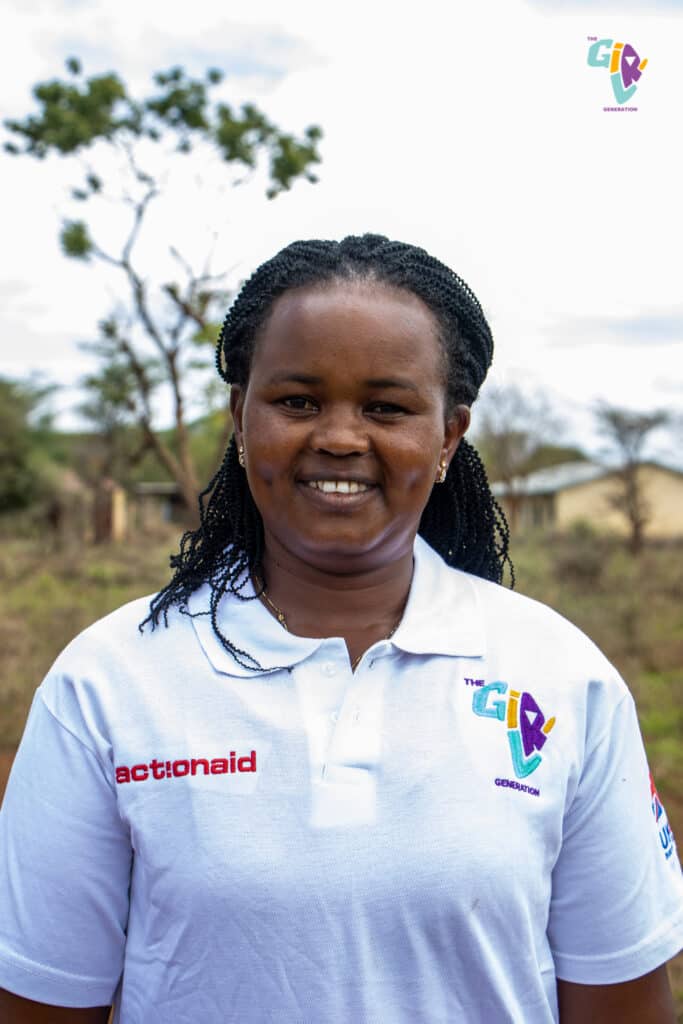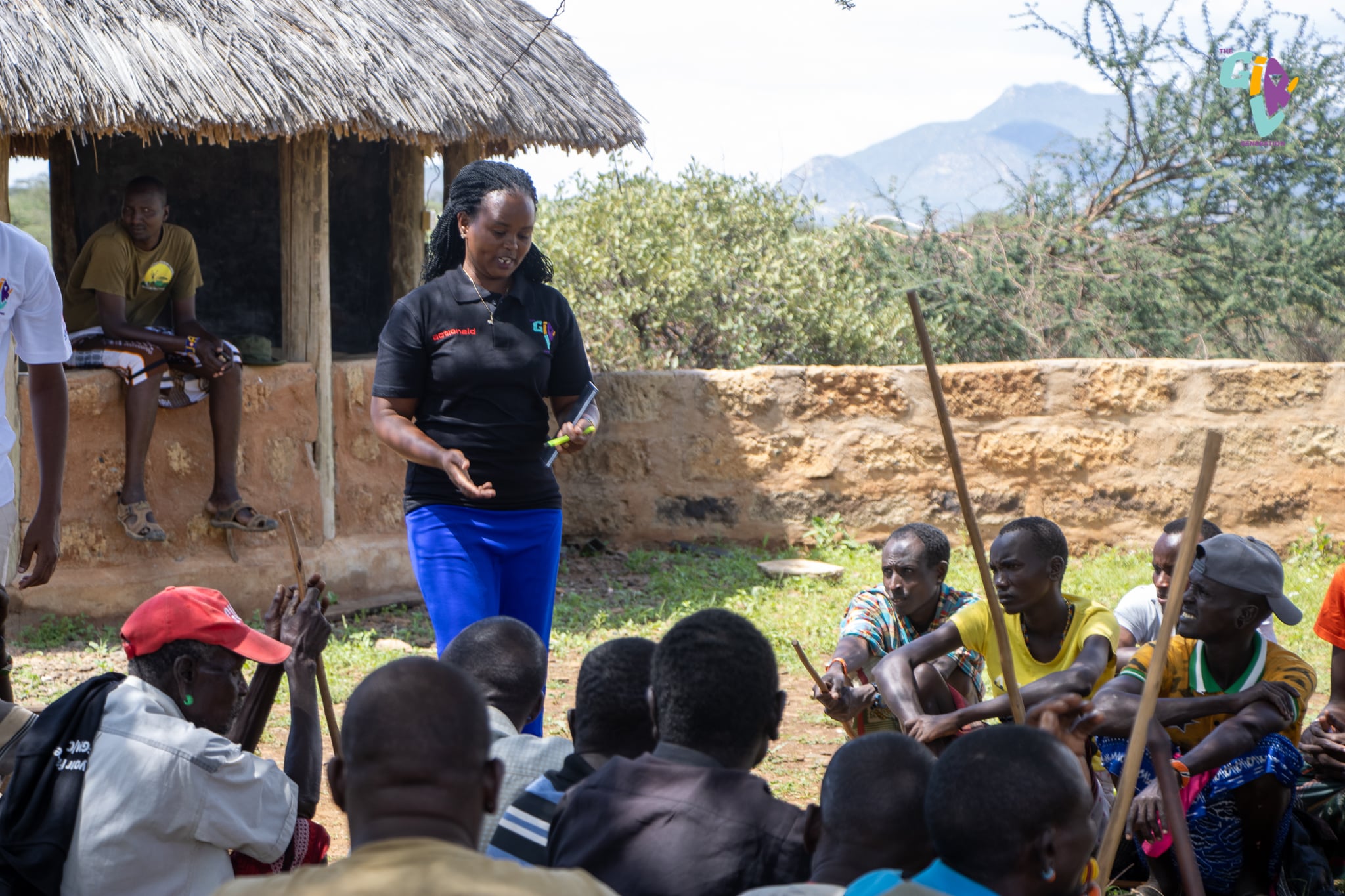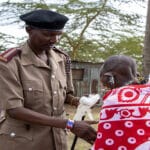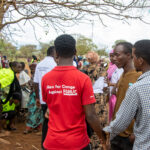As a survivor, I have experienced the effects of Female Genital Mutilation/Cut (FGM/C). My greatest wish is to put a stop to it so that the next generations do not have to suffer.” Amina Lememeita says.
The prevalence of Female Genital Mutilation is 15%, according to the Kenya Demographic Health Survey (KDHS) of 2022. Noting that the FGM prevalence generally increases with age, KDHS shows that 9% of women aged between 15-19 years had been circumcised.
In Samburu communities, FGM/C has been practised for decades and it still affects 91% of girls over the age of 15 in Samburu County.
“I underwent FGM/C when I was 7 months pregnant. As a Samburu woman, it is a taboo to give birth if you haven’t undergone FGM. When my family realized that I was pregnant, I had to undergo the cut to save them from shame and to enable me to get assistance when my time to deliver comes.”
Immediately after the cut, what followed was a series of medical complications. I profusely bled and almost lost my pregnancy. The nearest hospital is about 70kms away and I had to endure all the pain on a motorcycle as it was not only the fastest but the only available means of transport

Luckily, I managed to get help and the wound was nursed. The healing process was a journey and a few months later I delivered a healthy baby boy. The delivery was difficult, to say the least, the medics had to perform an excision to facilitate the passage of the baby. I had a wound on top of another wound. You can’t erase that from your memory, and I wouldn’t wish that to any woman.” All this happened because I didn’t know my rights just like many other girls and women. I’m now changing this in my community.”
Despite the fact that FGM is a human rights violation and gender discrimination against women and girls, the Samburu community consider it necessary for the transition from childhood to womanhood and promoting the marriageability of girls and women. Amina is now at the forefront of championing the rights of women and girls through the Isiolo Voice of Women Network.
“With the full blessings of my husband, I confidently believe that advocating for the rights of women in my community will give them a voice and eliminate this violence. Despite the high level of illiteracy and the nomadic lifestyle we as Isiolo Voice of Women Network have taken the fight to the community. It is a fight against traditional thinking and we’re confident that we will win.” Amina says with conviction.
With the support of Action Aid, a consortium partner of The Girl Generation-Support to the Africa-led Movement (TGG-ALM) to End FGM/C, the women in Samburu now have a platform to be able to speak up against vices not only done to themselves but the community at large.
FGM, in reality, has no place in the community and causes excruciating agony that can lead to chronic bleeding, infection, infertility, and death. It deprives girls of the opportunity to fully experience life, exposing them to health risks that may lead to future medical complications.



